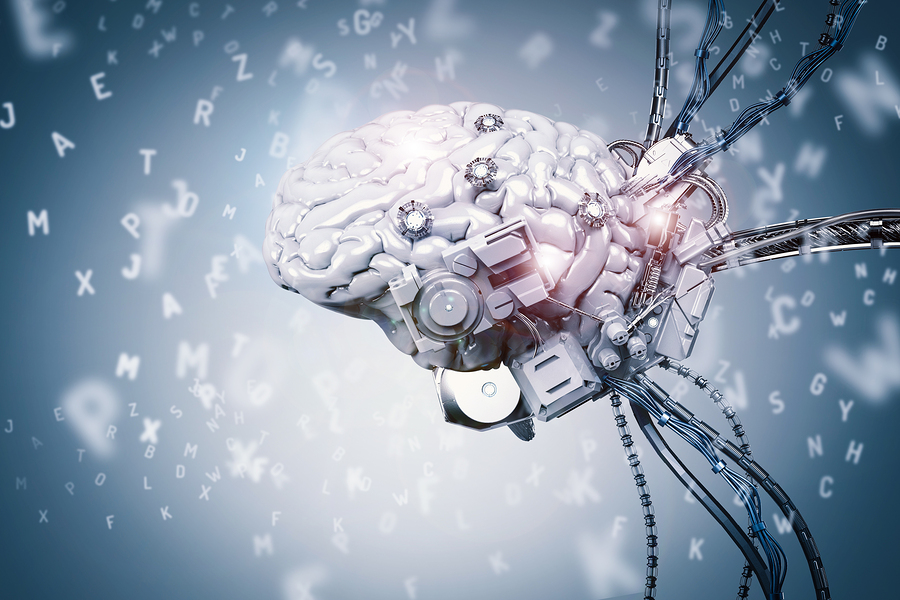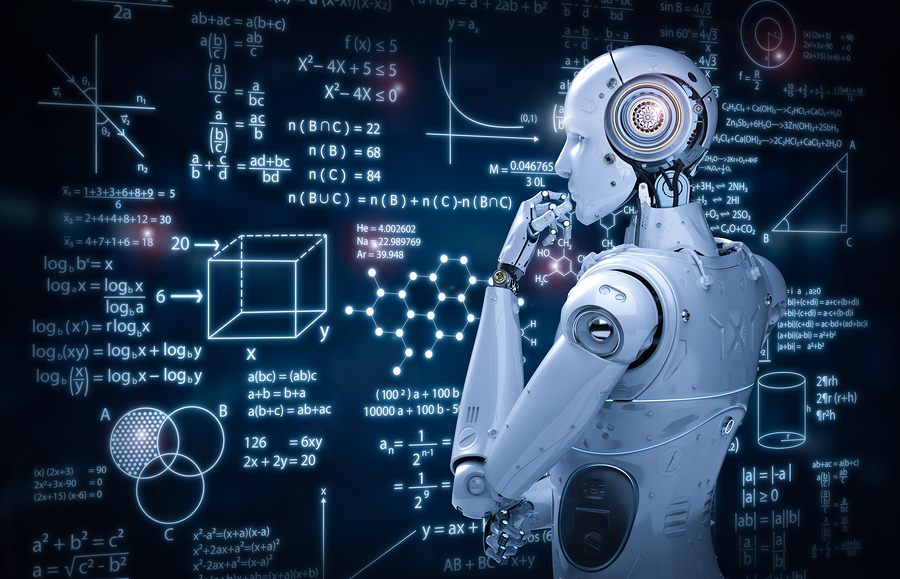We rely heavily on machinery to propel our modern world forward. From the monolithic machines that assemble car parts to the little robot that zooms around your house while cleaning your floors, machines exist to make work easier for humans. But while machines are great for repetitive, intense labor, they lack human intuition or adaptability. They simply can’t learn like we can.
Or can they?
Software developers and application programmers are uniquely familiar with machine learning. It’s the concept of teaching computers to learn over time by feeding them information — the same way humans learn. It’s a technology that has made huge strides in things like home automation, digital personal assistants, eCommerce, and more.
Now, it’s manufacturing’s turn to reap machine learning benefits.
Opportunities in manufacturing
As big data becomes the next great driver of innovations in the manufacturing sector, more information is available than ever before to power machine learning. When fed into the right neural network — a program designed to process large datasets and learn from them — manufacturing software could become better, faster, or even smarter in the way it handles tasks.
- Predicting maintenance — If a machine is able to use cycle counts, real-time sensors, activity logs, and prior maintenance reports, it may be able to tell operators exactly what type of preventive maintenance it needs before operation inefficiencies arise.
- Workflow management — Using broad data from an entire production line, a manufacturing algorithm could alert managers to real-time adjustments for improving workflow efficiency, adapting to problems, or even avoiding them altogether.
- Quality control — If a machine understands quality specifications and the nature of defects, it can be taught to self-correct manufacturing processes when it detects anomalies.
What exactly do these types of innovations mean for manufacturers — outside the obvious direct benefits? Early statistics paint a picture of machine learning potential:
- Sales losses reduced by as much as 65%
- Up to 90% increased defect detection rates
- Reduction in supply chain forecasting errors of 50%
- Predictive maintenance increases up to 38% in the next five years
If these sound like far-fetched, error-prone hypotheses and inflated figures, you need only look to environments where manufacturers are already deploying them! Machine learning has already made inroads, but it still has far-reaching, wide-ranging manufacturing prospects.

Why isn’t every company using machine learning?
While machine learning might be the next golden goose for manufacturers, it doesn’t come without its own upfront costs and barriers. Because it’s relatively new technology, porting machine learning concepts over to the manufacturing space is a burden for many companies.
- Security concerns — Any time manufacturing leaders are dealing with big data, security is a concern. Many fear vulnerabilities in data security because they lack the infrastructure or support professionals to securely handle data.
- Data availability — Machine learning relies on huge data segments to work properly. While many factories may have data logs, few have collection processes in place to glean relevant real-time data for aggregating into a neural network.
- Legacy processes — Automation is essential for expediting machine learning. Unfortunately, many legacy manufacturing processes are subject to change when accommodating automation. Manufacturers reluctant to change — or averse to the expenses of upgrading legacy systems — aren’t likely to be able to implement effective machine learning programs.
The truth is, machine learning requires several prerequisite factory upgrades. Having a basic Industrial Internet of Things (IIoT) system set up paves the way for data collection, for example. As the industry moves forward, new tech will likely pave the way for new concepts to become commonplace — machine learning among them. Manufacturers who take the time to do things right will also likely be rewarded with some eye-opening benefits.
